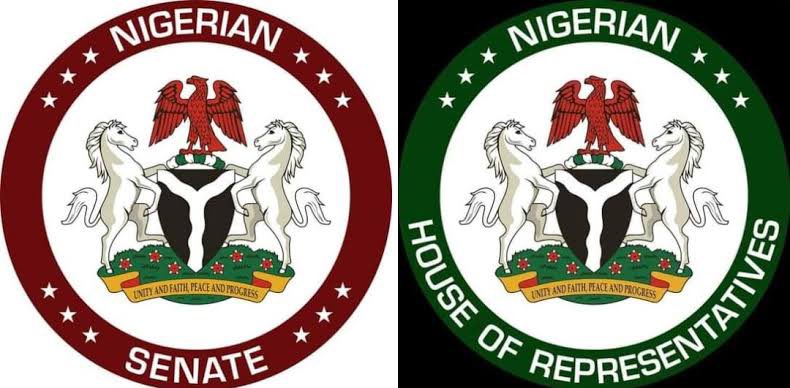By Adeyemi Adekunle
The National Assembly has sanctioned life sentences for drug offenders as part of an aggressive approach to combat illegal drug trafficking in Nigeria. This significant legislative move was coupled with the passage of a crucial reform bill for the Revenue Mobilization, Allocation, and Fiscal Commission (RMAFC) aimed at addressing the nation’s fiscal challenges.
The approval came swiftly after both the Senate and House of Representatives endorsed a unified report on the amendment of the National Drug Law Enforcement Agency (NDLEA) Act. Senator Tahir Monguno, Chairman of the Senate Conference Committee, presented the report during a recent plenary session. “The proposed amendment is designed to impose harsher penalties to deter the rampant illegal drug activities that plague our society,” he stated.
The new amendment specifies in stark terms that any individual found unlawfully storing, carrying, or concealing dangerous drugs while armed with an offensive weapon will face life imprisonment upon conviction. This legislative change has been met with a mix of support and concern from various sectors, reflecting the ongoing national dialogue about how to balance public safety and individual rights.
During the Senate’s deliberations, Deputy Senate President Barau Jibrin presided over the voting process, which culminated in the passing of the drug offense legislation by a voice vote.
The urgency surrounding the issue of drug abuse and trafficking has never been higher, with rising addiction rates and violence linked to the drug trade prompting policymakers to act.
In tandem with the drug law reforms, the Senate has also set its sights on overhauling the RMAFC with the introduction of the Revenue Mobilization, Allocation, and Fiscal Commission Bill, 2024. This fresh legislative effort seeks to update the existing RMAFC Act of 2004, ensuring that the country’s federal, state, and local governments receive the necessary resources to address governance and development challenges effectively.
Yahaya Abdullahi, the Chairman of the Senate Committee on National Planning and Economic Affairs, stressed the importance of reforming the RMAFC in light of Nigeria’s changing economic landscape. “The Act has not seen a serious revision in over two decades, and it no longer aligns with the economic realities we face today,” he commented. Abdullahi highlighted the urgent need for additional funding and a revamped operational framework for the commission to enhance its functionality.
These legislative changes come at a critical time as Nigeria grapples with economic pressures stemming from dwindling oil revenues and a burgeoning population. The reformation of the RMAFC is anticipated to help local governments, in particular, play a more decisive role in national development while alleviating the financial strain on higher levels of government.
As the National Assembly moves forward with these reforms, the public will undoubtedly be watching closely to measure the impacts these decisions will have on drug-related crimes and the overall financial health of the nation.
The commitment to harsher penalties for drug traffickers and the intention to revitalize the revenue commission signals a bold step by lawmakers to tackle some of the country’s most pressing challenges, marking a pivotal moment in the ongoing evolution of Nigeria’s legislative framework.




